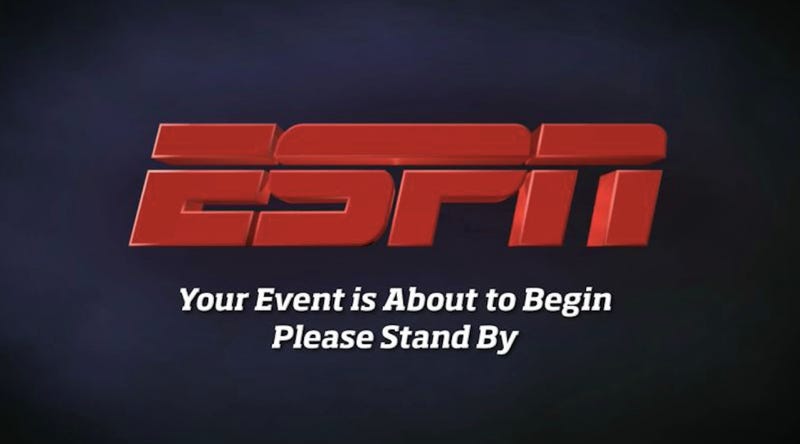 ESPN distributed new social media guidelines to its employees Thursday, which reinforced some existing rules about not breaking news exclusively on social media, respecting colleagues, and—oh wait, here’s a new thing: “Do nothing that would undercut your colleagues’ work or embroil the company in unwanted controversy.”
ESPN distributed new social media guidelines to its employees Thursday, which reinforced some existing rules about not breaking news exclusively on social media, respecting colleagues, and—oh wait, here’s a new thing: “Do nothing that would undercut your colleagues’ work or embroil the company in unwanted controversy.”
The “unwanted” there is doing a lot of work. Unwanted for whom? The employee who feels so strongly about an issue, perhaps the direction his or her employer is going, that they use Twitter to provide their insight? Of course not. The controversies are “unwanted” for ESPN executives, who want to keep advertisers happy, avoid offending anyone at all costs, and protect the bottom line.
Given the obvious and probably intentional ambiguity and subjectivity of “unwanted controversy,” the next line—“We reserve the right to take action for violations of these principles”—seems quite clear. ESPN now has more explicit latitude than ever to silence its employees.
The best part of the report announcing the guidelines was ESPN President John Skipper offering the definitely true and not at all disingenuous claim that the updated guidelines were not a response to recent “unwanted controversies” surrounding Jemele Hill and Sam Ponder’s recent tweets. (Hill accurately called Donald Trump a racist and explained how capitalism works, earning her a two-week suspension. Ponder sarcastically welcomed Barstool Sports personalities to ESPN after the site that had called her a slut and said her only job was to “make men hard” got a pass from the network, which led to the network canceling Barstool’s show.)
“It’s all intertwined with a moment in our culture and our political environment of polarization,” Skipper said, per Sports Business Journal. “It’s the right time to do it. We would never react to one incident or two incidents and say, ‘Oh my gosh, we’ve got to look.’ It’s a unique moment in time.”
It’s “unique” because two notable female ESPN employees spoke their minds and ESPN felt threatened in some way, but okay.
Because everyone was waiting to hear what the dumbest person alive thought about all of this, ESPN’s public editor Jim Brady mashed his hands together in support:
I think this an important addition to the guidelines, even if there’s not a specific policy point included in the passage. The other option was to opt for a long, imposing, very specific set of guidelines that would likely have been impossible to police, and could have prompted ESPN staffers to decide social media wasn’t worth the effort. The tone of social media these days may be nastier than ever, but this too will likely pass, and — even outside the minute-to-minute political wars being fought on Twitter and Facebook — social media platforms remain very valuable ways for ESPN to build audience and loyalty.
Of course, he did not discuss the fact that the “controversies” around Hill’s tweet, and Ponder being forced to voice her concerns regarding Barstool’s place at the network, were manufactured by ESPN in the first place.
Source:-deadspin.

